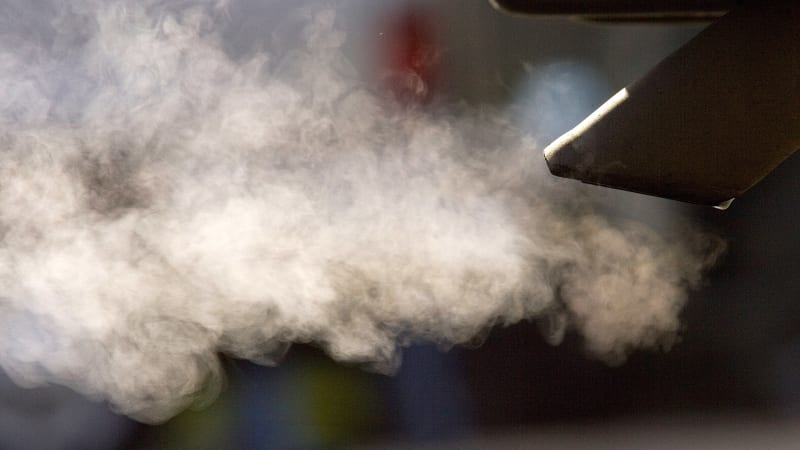NEW YORK – The US government on Monday sued car maker EZ Lynk for selling tens of thousands of “defeat devices” that allow car and truck owners to disable their vehicles’ automated emissions controls at the touch of a button.
In a complaint filed in federal court in Manhattan, the U.S. Department of Justice accused EZ Lynk of violating the federal Clean Air Act since 2016 by selling the EZ Lynk aftermarket system to drivers of Ford, among others. , GMC and Chrysler trucks.
The government said the system includes a device that can be connected to vehicles’ computers to install removal software, a cloud platform that stores the software, and an app that allows drivers to purchase and install the software through their smartphones.
According to court documents, the Cayman Islands-based company actively encourages drivers to use EZ Lynk System, including through an online forum where drivers praise the product and some EZ Lynk representatives even provide technical support.
“Emission controls on cars and trucks protect the public from the harmful effects of air pollution,” US attorney Audrey Strauss said in a statement in Manhattan. “EZ Lynk has endangered public health by manufacturing and selling devices designed to disable those emissions controls.”
Other defendants include EZ Lynks co-founders Bradley Gintz and Thomas Wood, and a subsidiary, Prestige Worldwide. Neither EZ Lynk nor any of the defendants’ attorneys immediately responded to requests for comment.
The lawsuit seeks civil penalties, including daily fines, for violations of the Clean Air Act and an injunction against further sales and installations of EZ Lynk System.
Operators can sometimes achieve faster acceleration and better fuel economy by using defeat devices.
The US government stepped up its monitoring of vehicle emissions after Volkswagen AG admitted in 2015 that it deliberately circumvented emissions regulations. The German automaker has since incurred more than $ 30 billion in fines and costs.
The case is US v EZ Lynk SEZC et al, US District Court, Southern District of New York, No. 21-01986.
